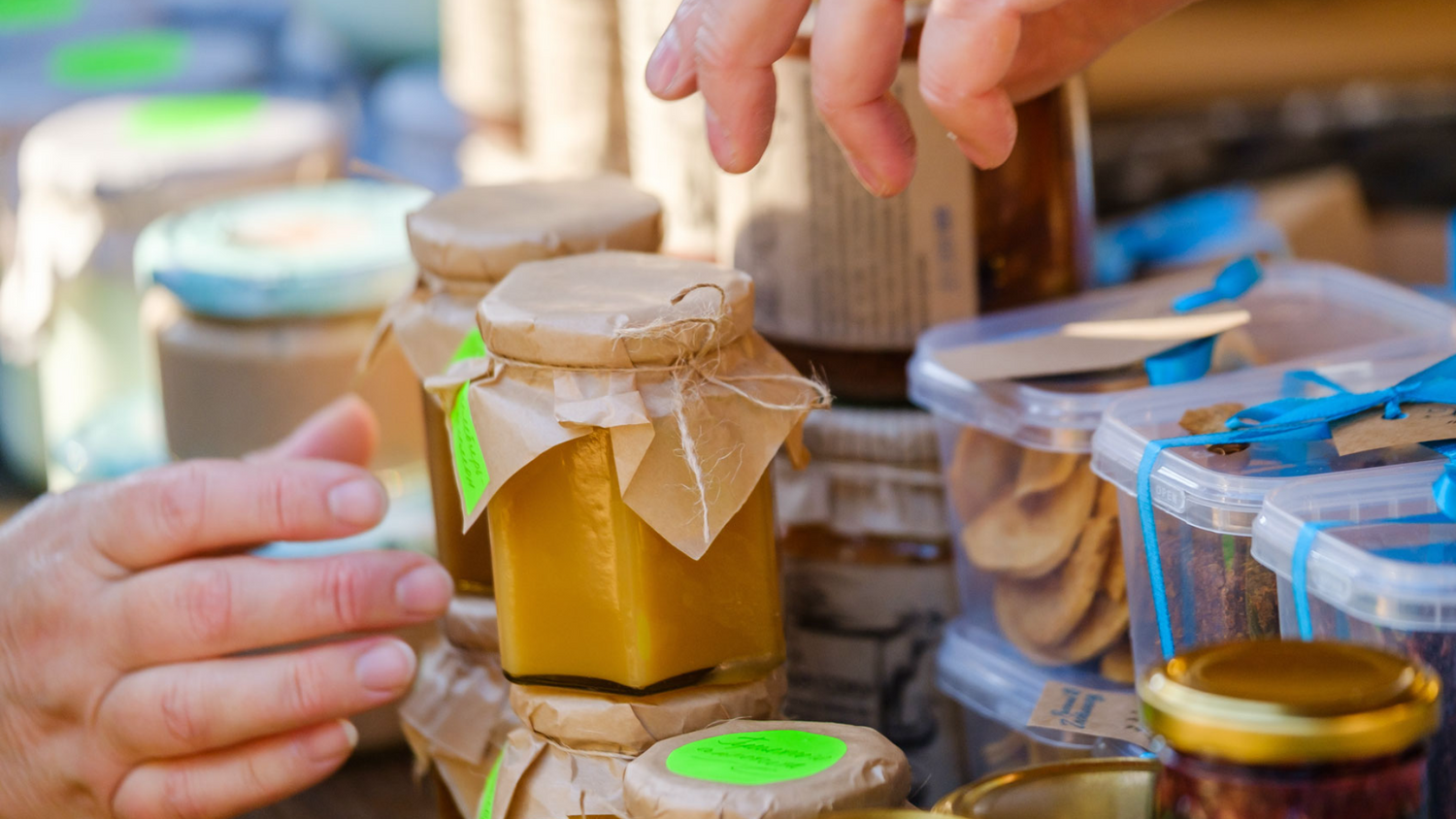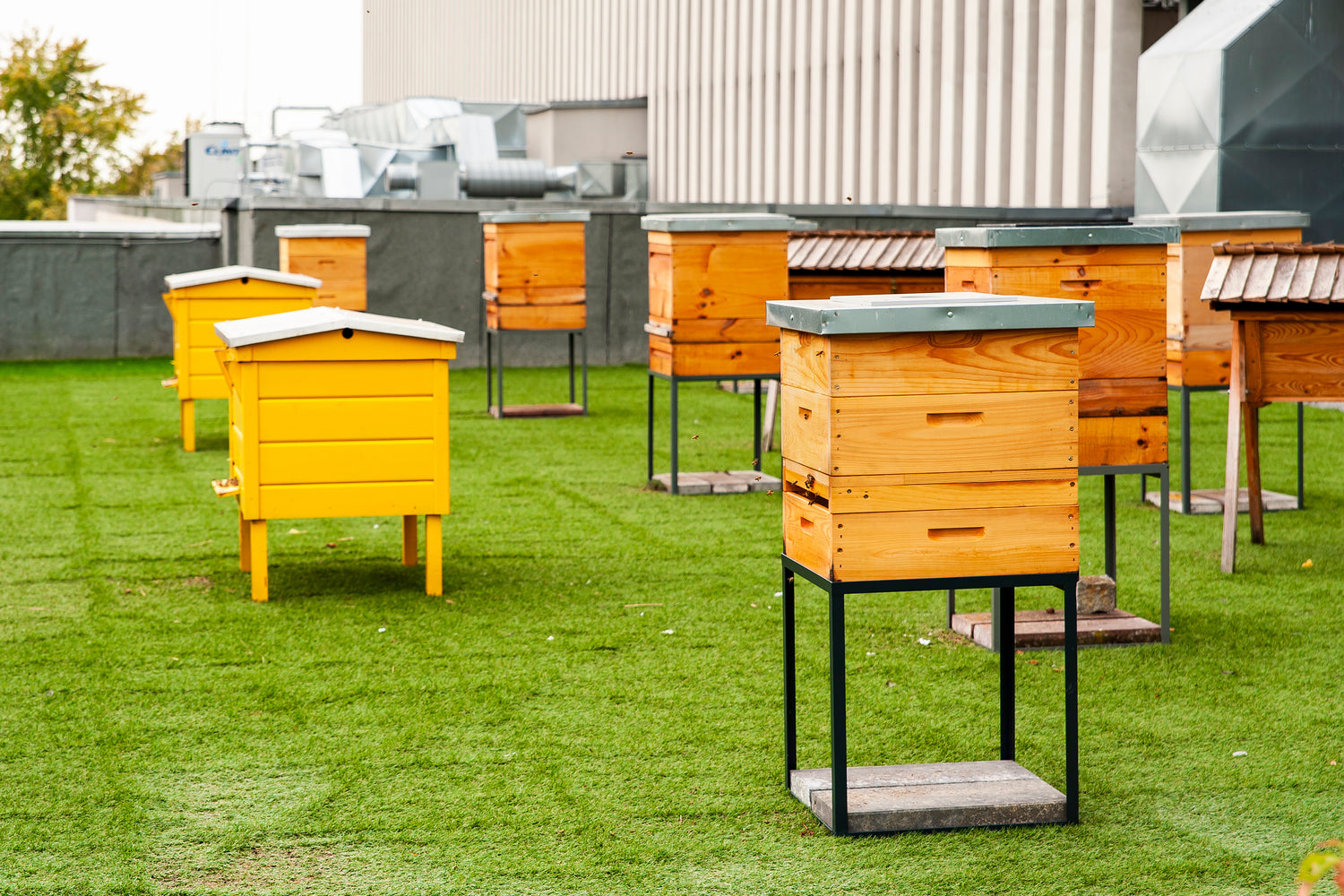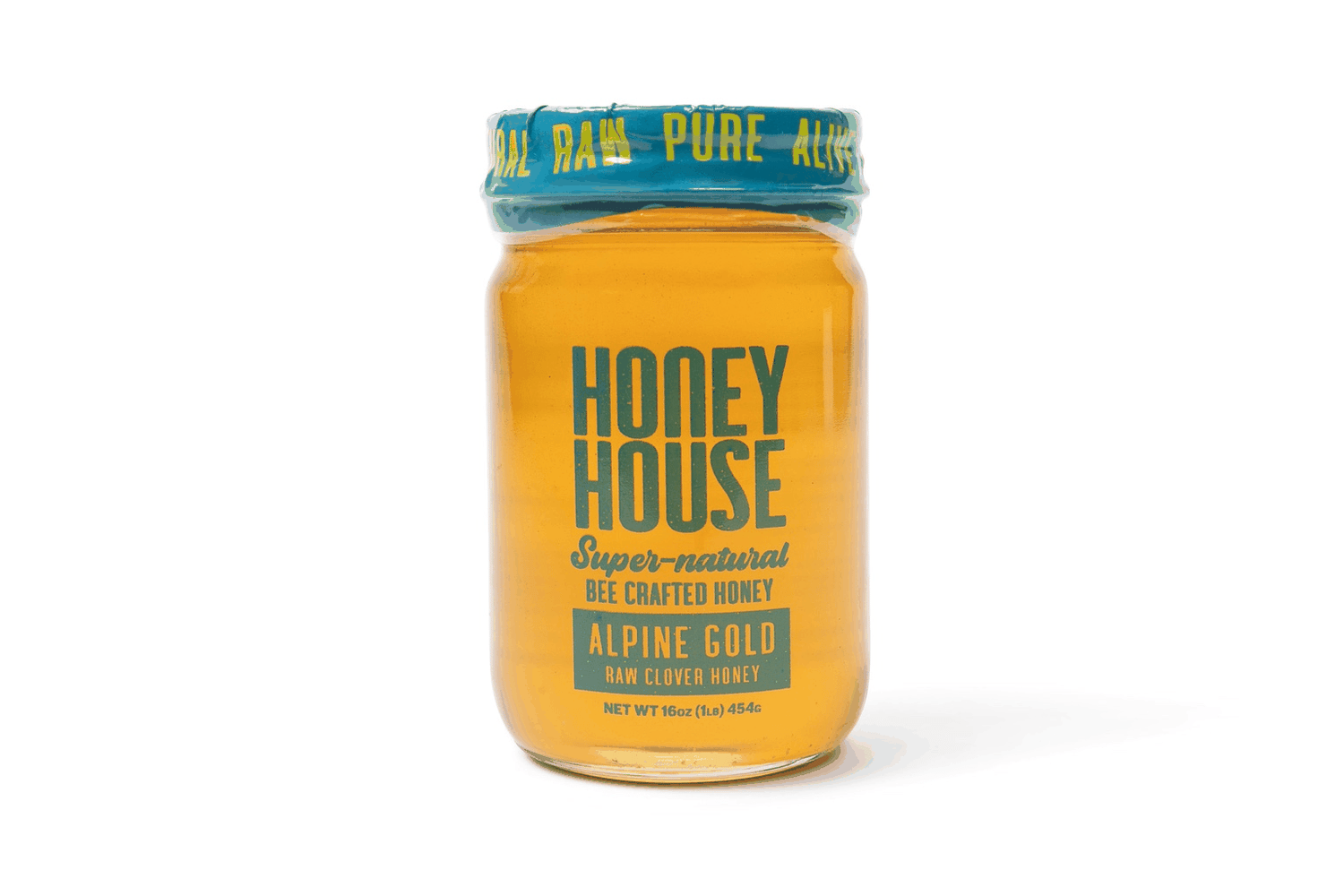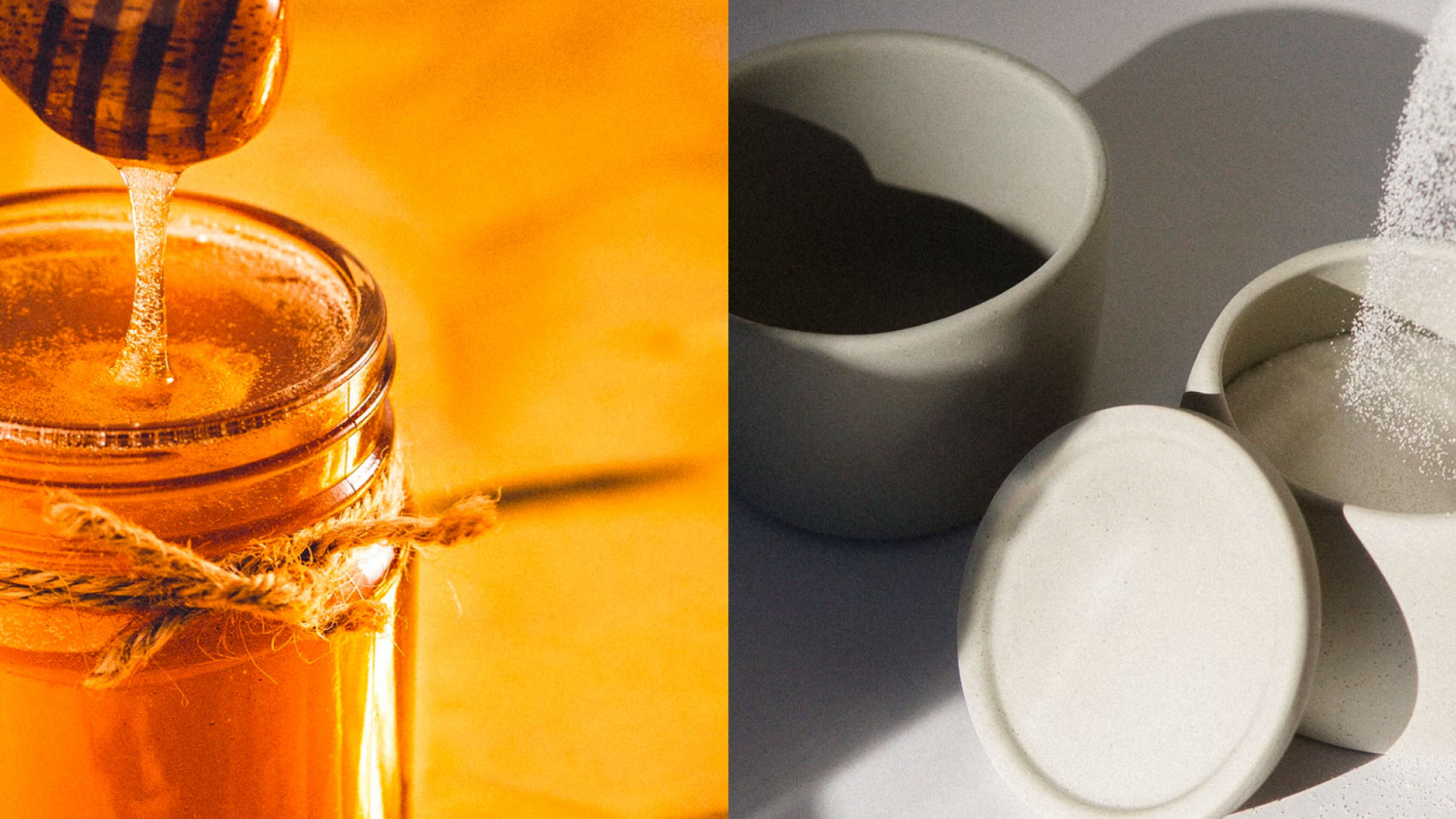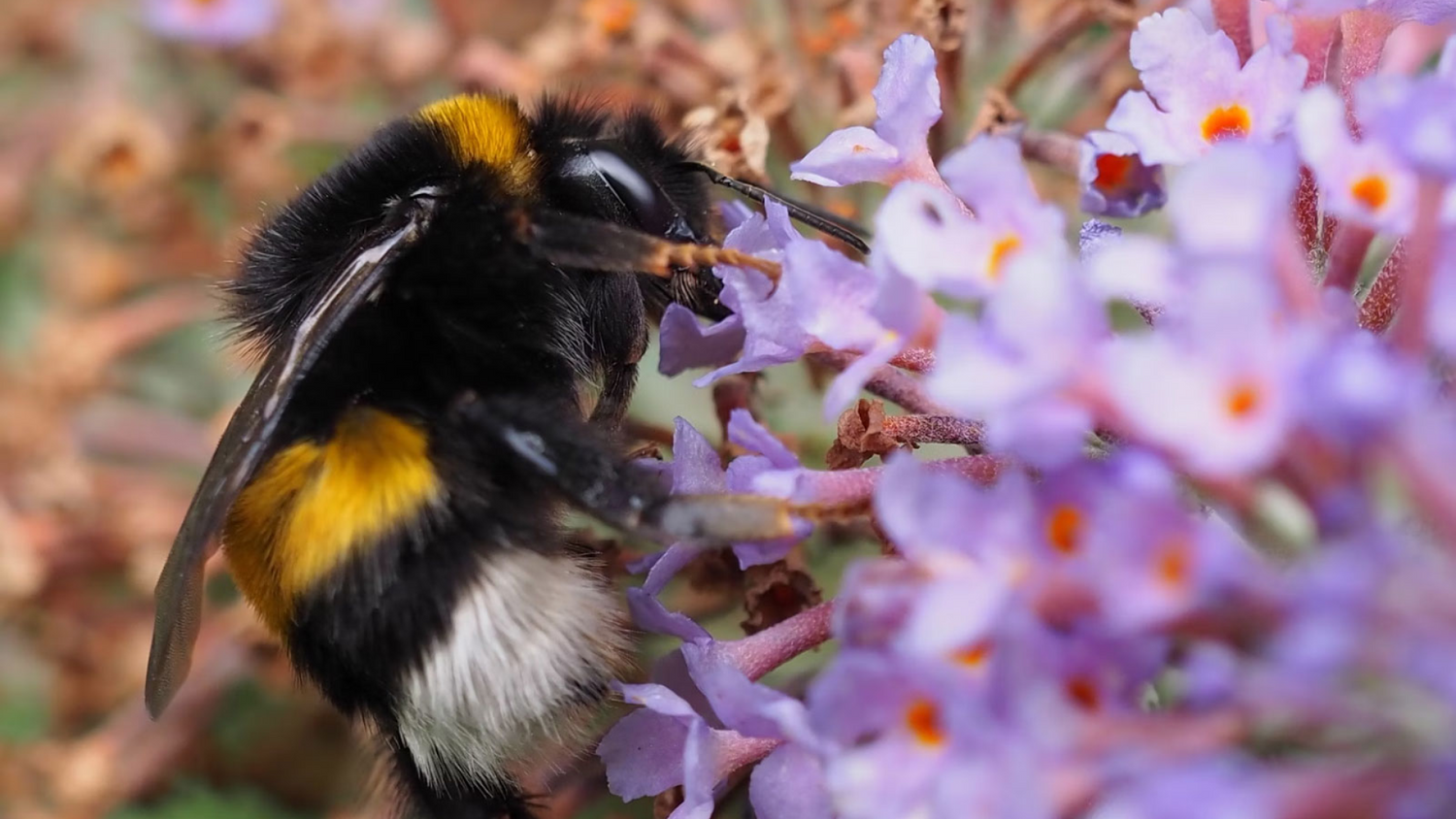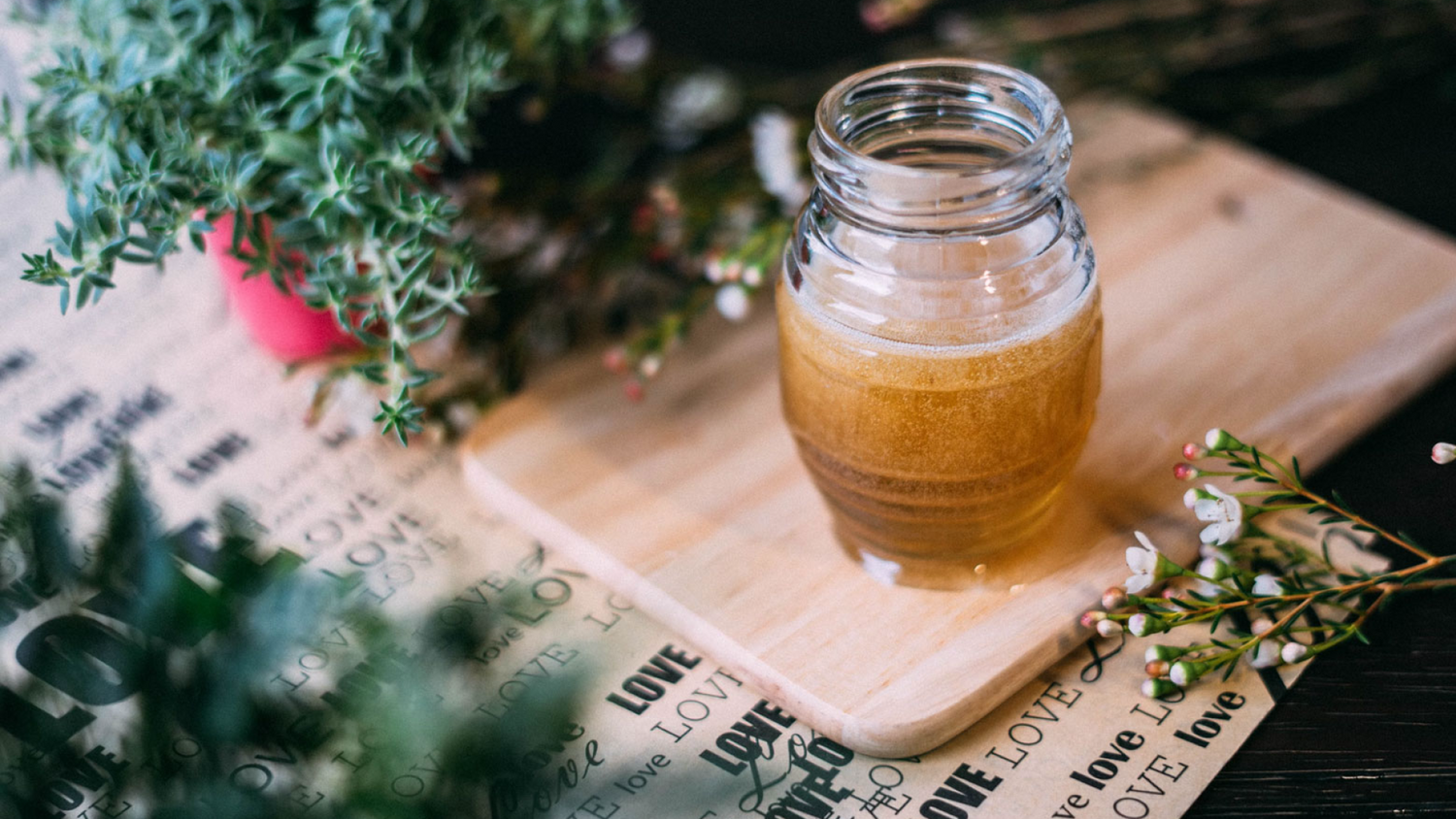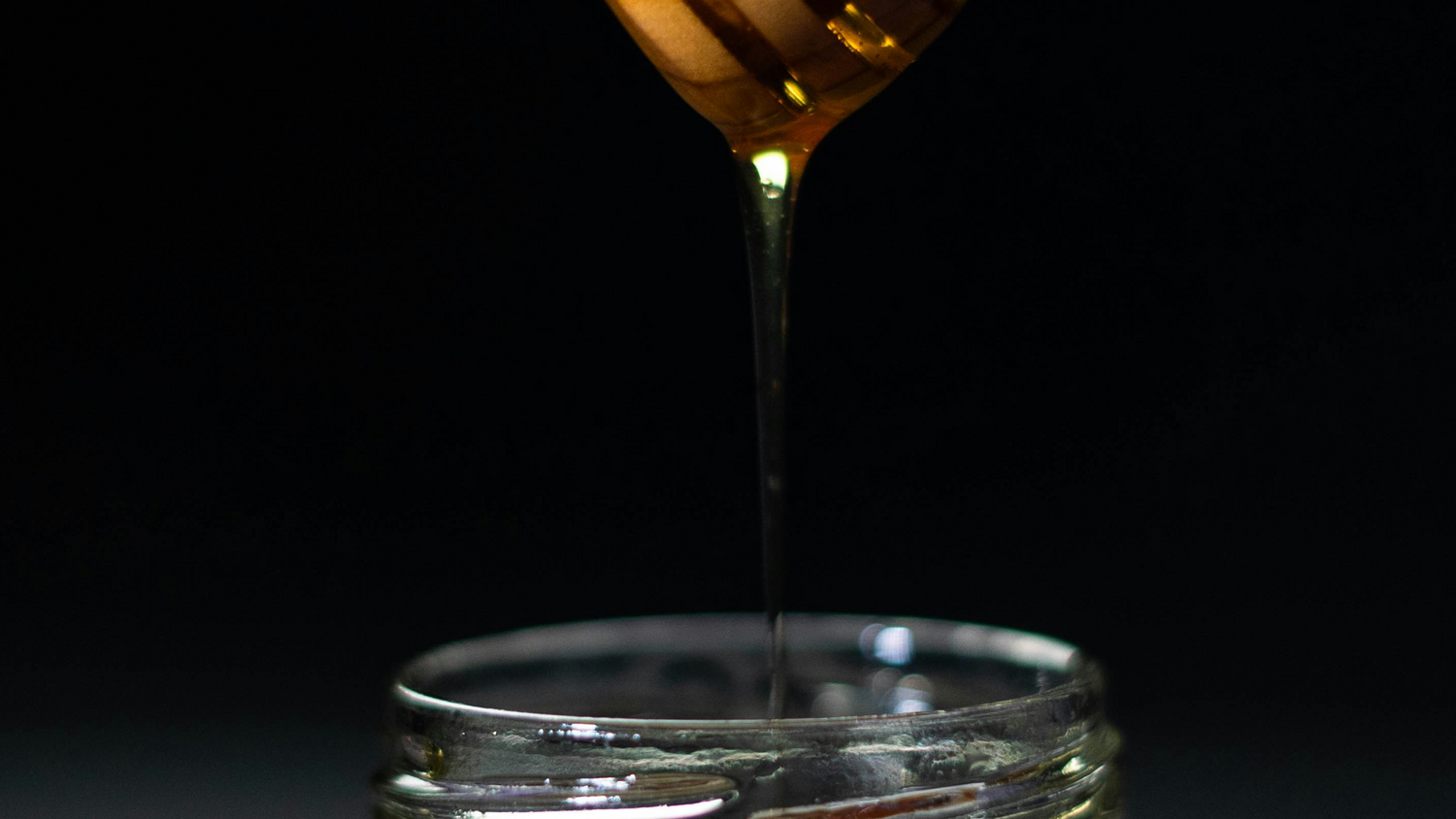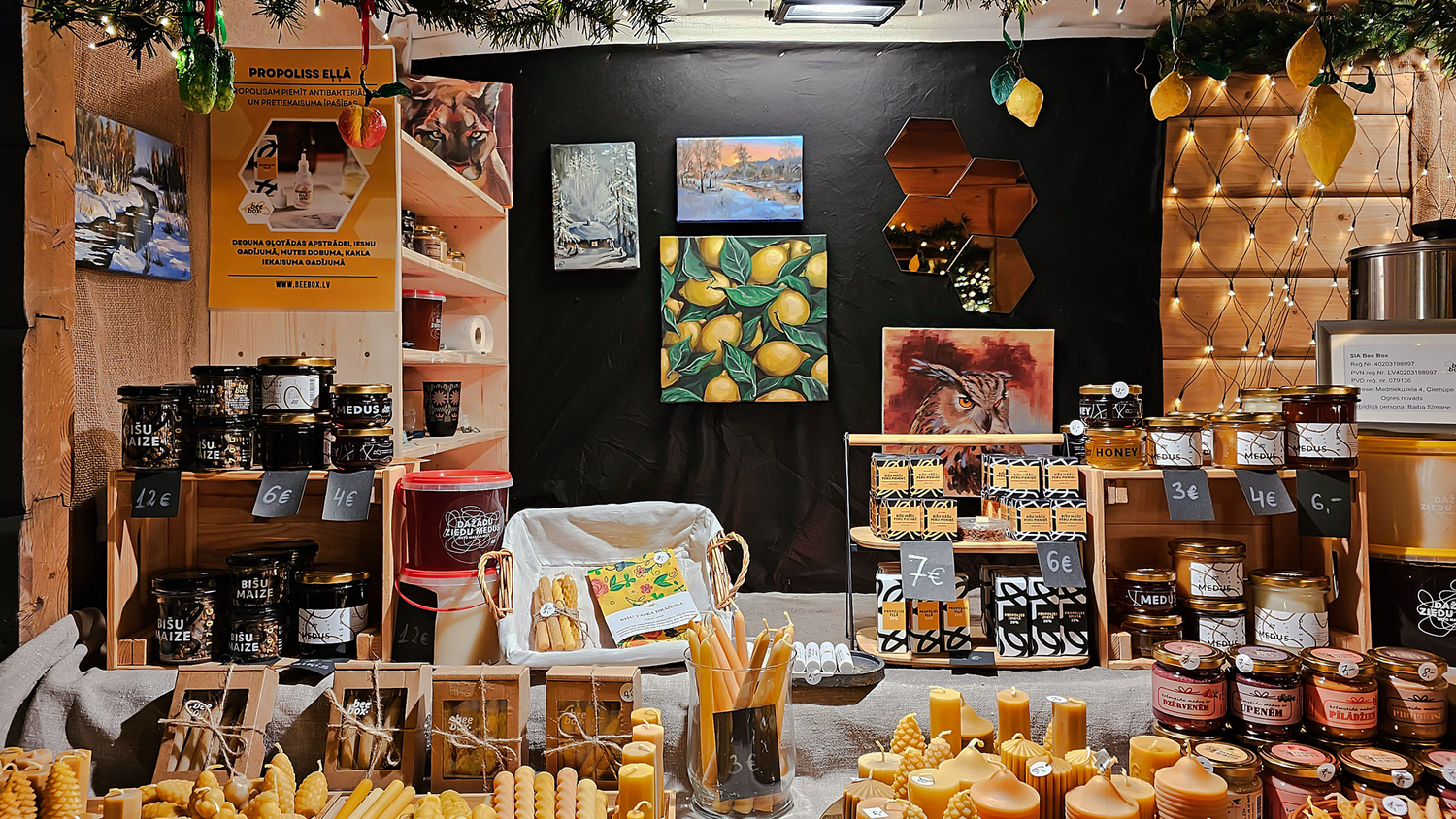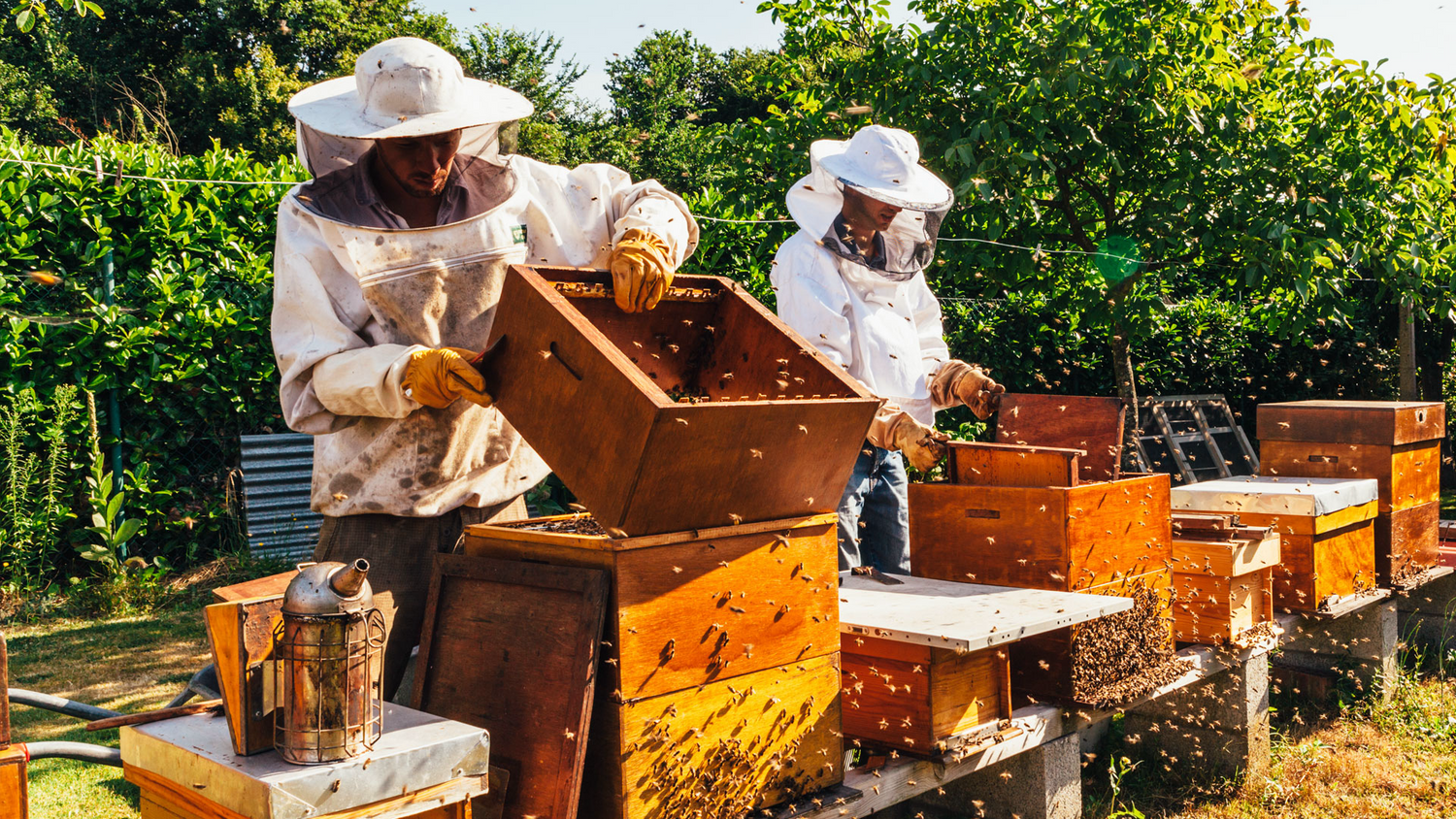What’s up to all of our friends in the community! Welcome to Benefits of Buying Local Honey with the Honey House Team. As we dive in please keep in mind that the intricacies of Beekeeping are vast, and all of the insights we give, we do so to help bring information to the world regardless of your experience levels in beekeeping!
Let’s be honest, It is quite difficult to beat the sweet and delicious goodness of natural honey. More than the many honey health benefits, there are also great reasons to have some of this liquid gold on your pantry shelves. But before buying a jar, did you know that there are different kinds of honey?
You will probably see a couple of types of honey in your supermarket. They can be from huge brands that mass-market honey or those that are imported from abroad. Among all the honeys on the shelves, the best ones to pick are those that are made locally in your region!
Read along to find out why buying local makes more sense if you are after gaining the most honey health benefits for your family.
Pure Honey Supremacy
Not everything that looks like honey is truly 100% honey. A lot of mass-marketed honey is actually what is referred to as “honey blends”. On top of the raw honey, manufacturers add either refined sugar or high fructose corn syrup to mimic honey. While they also taste sweet none of them can compare to the flavor of pure local honey.
You are lucky enough if you have beekeepers in your area, someone that you know and trust to never sell adulterated honey. With a local producer, honey is packaged without any substances mixed in. It still goes through a thorough process but only to get rid of wax and other debris during the extraction of the combs.
Buying Local Honey | Local Honey Terroir
Terroir is a term used to describe the unique flavor of wine, chocolate, and natural honey. Although all honey tastes sweet, not all of them share the same flavor. Bees make honey from nectars of the blooms that grow within a few miles of their hive. This actually creates a flavor profile unique to that area! Because local honey is not heavily processed for mass distribution, terroir isn’t altered from the honeycomb to consumers. This explains why local honey has an incredible natural taste that is unlike any honey in other regions. At Honey House one of our goals is to promote the vast offerings of as many regions as we can!
Maximized Honey Health Benefits
Most people who are interested in health and honey are after its medicinal benefits. Many of these benefits are more pronounced in raw honey. By not going through a pasteurization process, honey retains all of its nutritional goodness! Sourcing honey locally makes it possible for you to enjoy the maximum honey health benefits as most local producers do not subject their honey to any kind of industrial processing. Not often do we find the health benefits of a good, go hand in hand with enhanced flavor!
Allergy Relief
Sure, consuming local honey does not cure allergies but it can definitely help relieve the symptoms! The allergens that trigger seasonal allergies are mostly from the pollens that are found in and around the community you live in. The unfortunate reality is that store-bought honey is usually heavily filtered where the trace amounts of pollen are removed. This process diminishes the potency of honey to fight off allergies.
On the other hand, ingesting local honey ”shots” gives your body small doses of the same allergens. Because local honey still contains very minimal traces of allergens, the body can get desensitized. It is like having allergy immunology injections but in a more pleasant and delicious method.
Buying Local Honey | Environmental Impact of Buying Local Honey
The local plant life is a huge factor in the local honey-making production. Honeybees, are very special creatures. They do not produce a generic-tasting honey. Instead, they create different flavor variations, depending on the blooms which they collect nectar from. But more than giving honey a distinct flavor, bees also help pollinate plants that allow local wildlife to thrive through generations.
Crop production largely depends on bees as natural pollinators. As the bees collect the nectar from flowers, they also get to carry with them pollen. The pollen that are in their bodies are transferred as they go from plant to plant until their nectar sac is full. This continuous process facilitates fertilization and seed growth. With the bees’ help, farmers can increase both the yields and quantity of crops that are grown for consumption by up to 84%!
These humble creatures play such a large role in maintaining biodiversity! Supporting local beekeepers is the easiest way to ensure that bees not only survive but also thrive.
Bee Heroes
Local beekeepers put a lot of time and effort into producing the best quality honey! But they also work tirelesly to ensure that bees are protected and preserved for generations to come. They provide bees with homes where they can continue to reproduce, and make as much honey as they want without the external dangers of pesticides and parasites.
Beekeepers also continuously expound their knowledge about bee-keeping best practices. This way, they get to help strengthen the future generations of beekeepers!
Where to Get Local Honey
Local, raw honey is usually available at the local farmer’s market or straight at the producer’s shop if it is nearby. Here at Honey House one of our favorite activities is visiting our beekeeping partners!
In summary, one of the surest ways to enjoy all the amazing honey health benefits is when you get your supply from local beekeepers. They can guarantee to provide unprocessed and pure honey products that are still rich in anti-inflammatory and anti-microbial properties.
Aside from supporting the local honey production, you also get to help the bee population in your region. It is vital to work hand in hand to raise and maintain healthy bees that are truly helpful to the community.
The Honey House team hopes you have been able to find this to be informative. If you have any questions or have had some fun beekeeping experiences please reach out to us on our social media platforms, and tell us all about it. Let’s build a community

